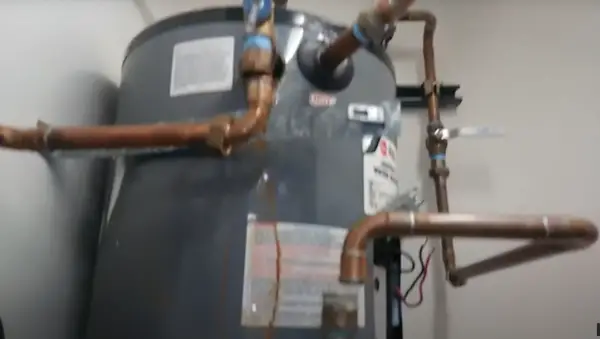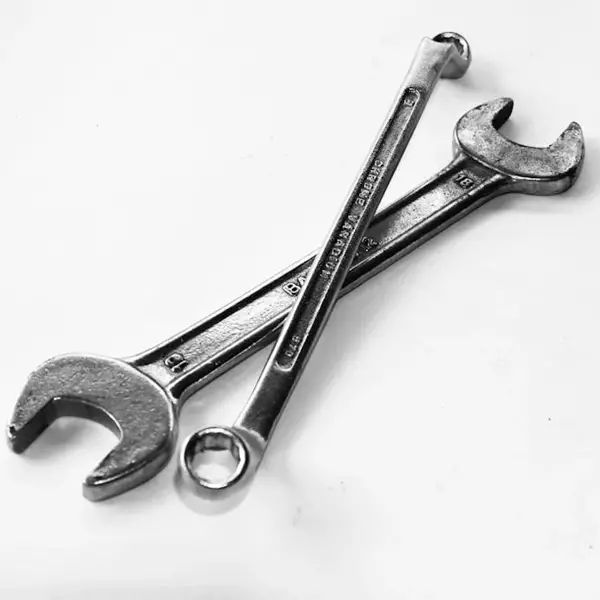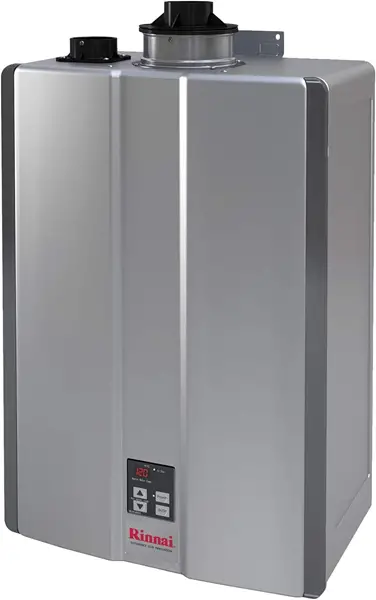When you move into a new home, especially one with a bit of history, you may face a common dilemma: an aging water heater. While it might still be operational, an old water heater can be inefficient, costly, and prone to breakdowns.
So, should you repair the existing unit or replace it entirely? This guide will walk you through the factors to consider so you can make an informed decision regarding your water heater.
Table of Contents
Choosing Reliable Movers for Your Transition
Moving into a new home comes with many challenges, from transporting your belongings to dealing with unexpected issues like an outdated water heater. However, choosing a reliable moving company can make this process smoother.
Using a company like AmeriSafe Moving Services will ensure your move is hassle-free. They will handle everything from packing to transportation with utmost care.
That way, you can focus on settling into your new space and addressing home maintenance issues, such as deciding whether to repair or replace your water heater, without the added stress of managing the logistics of your move.
Understanding the Age of Your Water Heater
The first thing to do is determine the age of your water heater. Most water heaters have a lifespan of 8 to 12 years, though this can vary based on the type, brand, and maintenance history.
Check the manufacturer’s label or serial number on the tank to find out the age. If your water heater is approaching or exceeding a decade, it’s time to seriously consider a replacement rather than investing in repairs.
Assessing the Condition of Your Old Water Heater
Beyond age, the water heater’s current condition plays a significant role. A well-maintained unit might still perform adequately even as it ages. On the other hand, if you notice rust, corrosion, or any leaks, these are red flags that indicate the system is nearing the end of its life.
Also, mineral buildup inside the tank can reduce efficiency and lead to higher energy bills.

Evaluating the Efficiency of Older Models
Energy efficiency is a crucial factor, especially with rising utility costs. Older water heaters often lack the insulation and technology of newer models, causing them to consume more energy.
Modern units come with better insulation, more efficient burners, and even smart technology that allows you to control and monitor your water usage.
If you’re moving into a home with an old water heater, replacing it with an energy-efficient model can save you money in the long run.
Repair Costs Versus Replacement Costs
One of the most practical considerations is the cost. Minor repairs, such as replacing a heating element or a valve, are usually inexpensive and can extend the life of your water heater for a few more years.
However, if the repair costs increase or you need significant work like tank replacement, you might be better off investing in a new unit.
As a general rule of thumb, replacement is the smarter choice if repair costs exceed 50% of the price of a new water heater.

The Risks of Delaying a Replacement
Delaying a necessary replacement can lead to more severe problems down the road. An old water heater is more likely to fail unexpectedly, leaving you without hot water and possibly causing water damage to your home.
Burst tanks or leaks can lead to costly repairs, especially if the water seeps into floors or walls. A proactive replacement allows you to avoid these emergencies and plan for the installation on your terms.
Choosing the Right Replacement Water Heater
If you decide replacement is the way to go, you must choose the right model for your household needs. Options include traditional tank water heaters, tankless models, and hybrid versions.
Tank water heaters are the most common, but tankless units offer an endless hot water supply and take up less space.

While more expensive upfront, hybrid units combine the best of both worlds and are highly energy efficient.
Environmental Considerations and Rebates
Another benefit of upgrading to a newer model is the potential for environmental advantages. Energy-efficient water heaters consume less fuel or electricity, reducing your carbon footprint.
You can also use government rebates or tax credits to install high-efficiency appliances in many areas. These incentives can help offset the initial cost of the replacement and make your decision easier.
Balancing Comfort and Budget
While focusing solely on the financial aspect is easy, don’t overlook the comfort and convenience factors. A new water heater provides consistent hot water and eliminates the worry of surprise cold showers or slow recovery times.
Balancing comfort with budget considerations is key. If the old water heater struggles to meet your household’s demands, it’s likely worth upgrading for peace of mind.

Consulting with Professionals
Deciding between repair and replacement often requires expert advice. Contact a local plumber to assess your water heater and provide guidance based on its condition and performance. They can also offer insight into the best replacement options for your home and water usage patterns.
Making the Final Decision
Ultimately, the decision to repair or replace an old water heater depends on a blend of factors: age, condition, efficiency, cost, and long-term benefits. If you’ve recently moved into a home with an aging water heater, it’s wise to take a proactive approach.
Assess the unit’s current state, consider the cost-effectiveness of repairs, and weigh the advantages of upgrading to a more efficient model. Doing so will ensure your home’s hot water system remains reliable and cost-efficient for years.
Conclusion
Moving into a new home is always an opportunity to plan for the future. Start budgeting for a replacement even if you decide to repair the existing water heater. That way, when the time comes, you’ll be ready to invest in a unit that meets your family’s needs while enhancing your home’s overall efficiency.
In conclusion, while the allure of saving money through repairs is tempting, replacing an old water heater provides better long-term value. Consider the above-mentioned factors, and you’ll be well-equipped to make the best choice for your new home.
Last update on 2026-02-10 / Affiliate links / Images from Amazon Product Advertising API